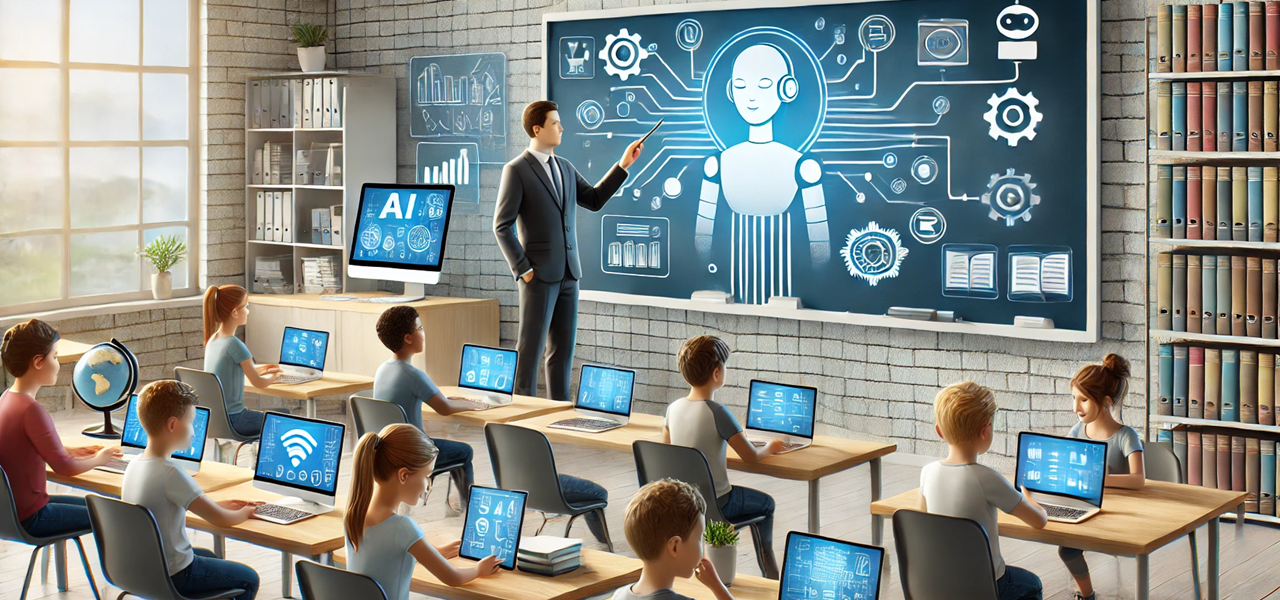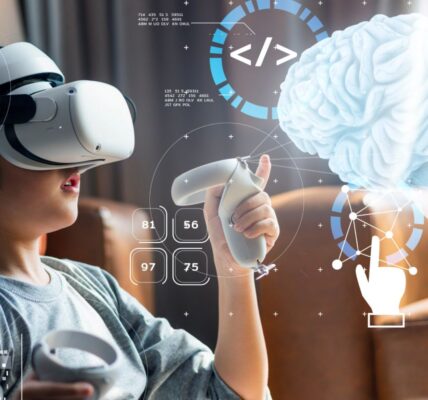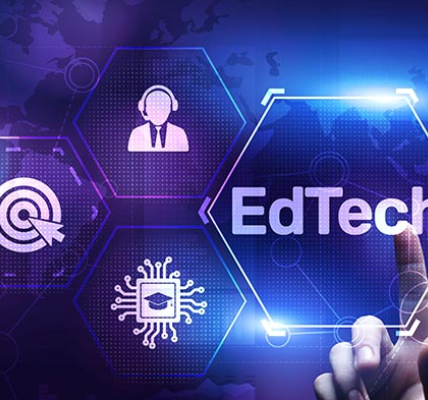Artificial Intelligence (AI) is revolutionizing industries across the globe, and education is no exception. As classrooms evolve to meet the needs of a digital-first generation, AI is emerging as a powerful tool to enhance learning experiences, improve accessibility, and personalize education like never before. AI is shaping the future of learning, and the transformation is already underway.
Personalized Learning Experiences
One of AI’s most significant contributions to education is personalized learning. Traditional teaching methods often take a one-size-fits-all approach, leaving some students struggling while others still need to be challenged. AI-powered platforms, however, can analyze individual learning patterns and adapt content to meet each student’s needs.
For example, platforms like Duolingo and Khan Academy use AI to tailor lessons based on learners’ strengths, weaknesses, and progress. These systems provide real-time feedback and suggest additional resources, ensuring students grasp concepts at their own pace.
Intelligent Tutoring Systems
AI-driven tutoring systems are becoming increasingly sophisticated. They offer one-on-one assistance to students without the need for human intervention. These systems can answer questions, explain, and guide students through complex problems. Unlike traditional tutors, AI tutors are available 24/7, making them a valuable resource for learners worldwide.
For instance, Carnegie Learning’s AI-driven tutor adapts to students’ learning styles and offers tailored exercises, helping them master challenging subjects like math and science.
Enhanced Accessibility
AI is breaking down barriers to education for students with disabilities and those in underserved communities. Text-to-speech, speech-to-text, and real-time language translation make learning more inclusive. AI-powered solutions like Microsoft’s Immersive Reader help students with dyslexia or visual impairments by providing audio narration and adjustable text settings.
Additionally, AI is expanding access to quality education in remote areas. Platforms like Coursera and edX leverage AI to deliver courses from top universities to learners worldwide, bridging the gap between geography and opportunity.
Data-Driven Insights for Educators
AI benefits students and transforms teachers’ approaches to education. By analyzing vast amounts of data, AI can identify trends and patterns that help educators better understand their students. For example, AI can detect when a student struggles with a concept, enabling teachers to intervene early and provide targeted support.
Moreover, automated grading systems save teachers time by handling repetitive tasks, allowing them to focus more on personalized instruction and creative teaching methods.
Gamification and Engagement
AI also enhances engagement through gamified learning experiences. Educators can make learning more enjoyable and effective by incorporating AI-driven challenges, simulations, and interactive exercises. For instance, AI-powered educational games adapt in difficulty based on the player’s skill level, keeping students motivated and challenged.
Challenges and Considerations
While AI’s potential in education is immense, it’s not without challenges. Issues such as data privacy, equitable access, and the need for human oversight remain critical. Additionally, over-reliance on AI could lead to a diminished role in human interaction, which is vital for social and emotional learning.
The Road Ahead
The future of education lies in a harmonious blend of AI and traditional teaching methods. AI will continue to enhance personalization, accessibility, and efficiency, but the human element—empathy, creativity, and mentorship—will remain irreplaceable.
As we embrace this transformation, the key is ensuring AI empowers students and educators, making learning more inclusive, engaging, and effective. The future of learning is here, and AI powers it.





